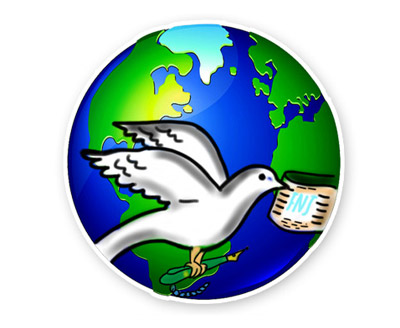

Journalists who are working at the forefront to deliver fact-based information amidst the raging second wave of COVID-19 need moral, emotional and psychological support in addition to material support, said participants of a programme here today.
Taking part in a virtual session organised by the Federation of Nepali Journalists (FNJ), Pradesh Pratishthan Committee, chairpersons of Pratisthan chapters said though journalists themselves were at high risk of contracting the virus, they could not shy away from their professional duties and responsibilities. And at this backdrop, they wanted to be assured that there is a backup support system if any unwanted situation arrived.
They also spoke of primary need of following health safety protocols properly by all media people for personal safety as well as the safety of their respective families and society. “Journalists/media workers are not expected to overlook the local transmission of the virus,’’ they asserted.
The participants further added that media personnel prominently photo journalists and field-based reporters faced greater risk of the infection, urging them to strictly observe self-discipline with the realization that the risk could be minimized only through the practice of recommended health protocols.
The meeting called on the FNJ central leadership to facilitate the availability of anti-Covid 19 vaccines for media personnel who could not be benefitted from the first phase of the vaccination campaign due to several reasons. Warning that journalists were likely to suffer non-payment, forced leave, job insecurity among others during the second wave of the virus as in the first one, they urged the FNJ central leadership to set plans for dealing with the potential challenge and guaranteeing job retention of its members.
The speakers further urged the Province leadership to set up a help desk for delivering emotional, psychological, moral support and counselling to journalists and facilitating them for accessing prompt medical support in case of an emergency. Stating that journalists were facing hurdles for reporting or for reaching their office due to lack of accreditation issued by the Department of Information and Broadcasting, the meeting has urged the respective media houses for taking the initiative to address the issue.
The meeting, realising the need for specific health protocols for journalists, requested the FNJ leadership to prepare and issue health protocol guidelines which we hoped to be helpful in maintaining the work efficiency of journalists by mitigating the infection risk, said Committee Chair Balkrishna Adhikari.
Committee general secretary Ram Kumar Shahi said the meeting decided to constitute a five-member committee under the coordination of committee Vice-Chair Birendra Oli to assist journalists at times of difficulty during the Covid-19 crisis. Moreover, it agreed to sit with media expert Prof Ram Krishna Regmi and (medical) Doctor Bishal Bhandari on coming Saturday to discuss virtually the role of media, its contribution, pressing issues of media, international health practices and safety guidelines during the pandemic.
Representatives of the National News Agency (RSS), Gorkhapatra Sansthan, Radio Nepal, Nepal Television, Radio Kantipur, Himalaya Times, Mountain Television, the Annapurna Post, Mirmire Radio and the Karobar Daily were among those present in the session. The Committee is a body of 39 chapters where 1,467 FNJ registered members are working.